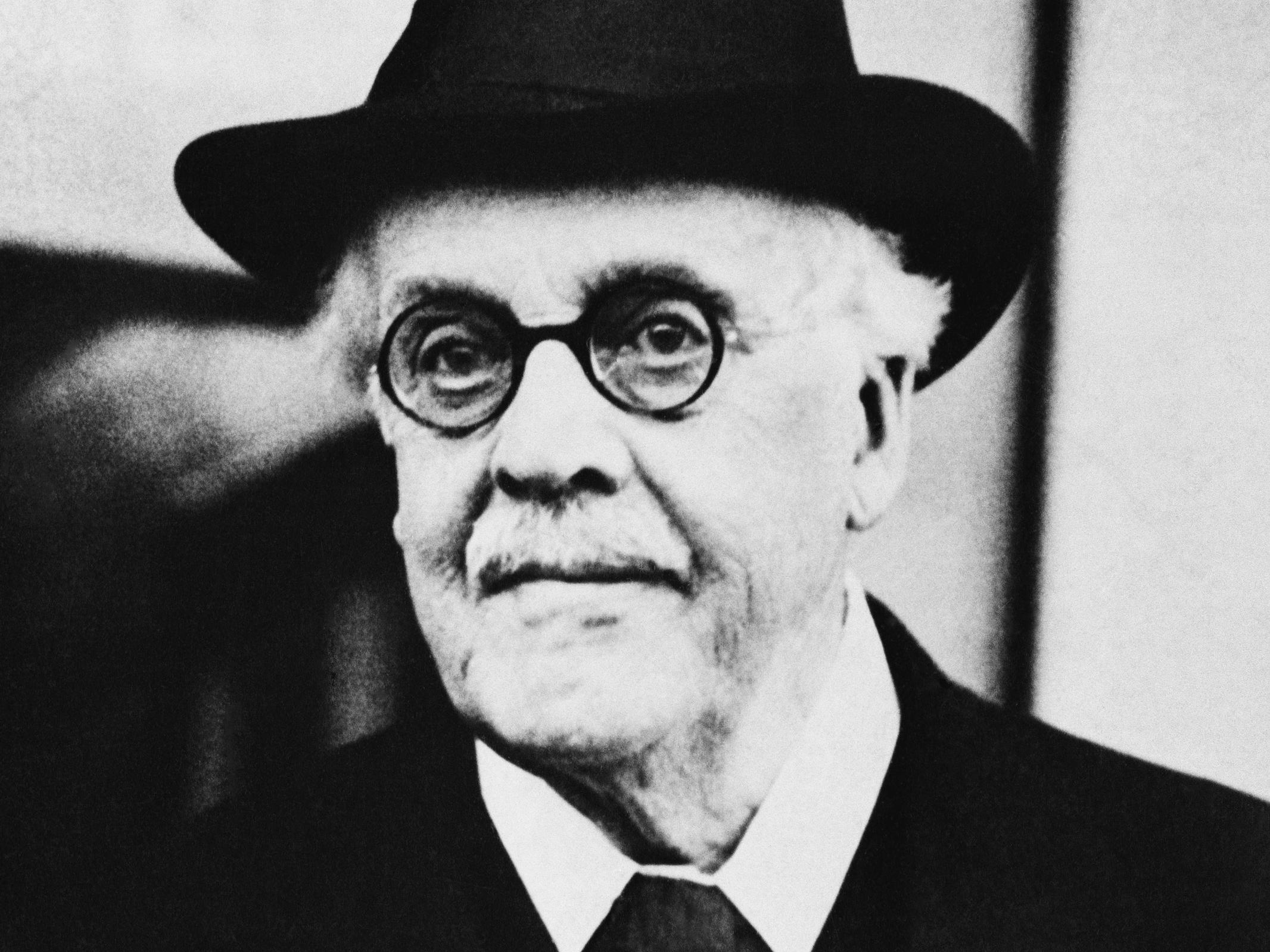Balfour Declaration centenary: Read the historic letter pledging British support for the creation of Israel
Foreign Secretary Arthur James Balfour's letter to Lord Rothschild on this date in 1917 confirmed the UK's backing for the formation of a Jewish state in Palestine

Your support helps us to tell the story
From reproductive rights to climate change to Big Tech, The Independent is on the ground when the story is developing. Whether it's investigating the financials of Elon Musk's pro-Trump PAC or producing our latest documentary, 'The A Word', which shines a light on the American women fighting for reproductive rights, we know how important it is to parse out the facts from the messaging.
At such a critical moment in US history, we need reporters on the ground. Your donation allows us to keep sending journalists to speak to both sides of the story.
The Independent is trusted by Americans across the entire political spectrum. And unlike many other quality news outlets, we choose not to lock Americans out of our reporting and analysis with paywalls. We believe quality journalism should be available to everyone, paid for by those who can afford it.
Your support makes all the difference.The 100th anniversary of the Balfour Declaration will be marked by celebrations or protests by the different communities affected by it.
What is the Balfour Declaration?
The British pledge that paved the way for Israel's creation. The declaration saw Britain, a major world power, make the first key declaration backing a Jewish “national home” in what was known as Palestine.
It was contained in a letter dated 2 November 1917 by the then British Foreign Secretary Arthur Balfour to British Jewish community leader Lord Rothschild.
What does it say?
The letter, which states it is a “declaration of sympathy with Jewish Zionist aspirations”, promises British assistance to create a Jewish homeland.
Here's the text in full:
Foreign Office
November 2nd, 1917
Dear Lord Rothschild,
I have much pleasure in conveying to you. on behalf of His Majesty's Government, the following declaration of sympathy with Jewish Zionist aspirations which has been submitted to, and approved by, the Cabinet
His Majesty's Government view with favour the establishment in Palestine of a national home for the Jewish people, and will use their best endeavors to facilitate the achievement of this object, it being clearly understood that nothing shall be done which may prejudice the civil and religious rights of existing non-Jewish communities in Palestine or the rights and political status enjoyed by Jews in any other country.
I should be grateful if you would bring this declaration to the knowledge of the Zionist Federation.
Yours,
Arthur James Balfour
How do historians view the declaration?
The Foreign Secretary's intention in making the declaration is a hot topic of debate as the letter does not use the word “state” and also stresses that that “nothing should be done which may prejudice the civil and religious rights of existing non-Jewish communities in Palestine”.
Historian Simon Schama, in delivering the Balfour Centenary Lecture at the Royal Society, described Israel as a “living, breathing, thriving democracy” of “six million Jews who are nothing short of a crushing retort to Hitler and the Shoah”. He also pointed to schools like Yad Ve'Yad where the governing bodies, both Israeli and Palestinians, work together.“
How do Palestinians view the declaration?
To this day it remains hugely divisive as it is despised by Palestinians while being celebrated by Israel.
Zionists feel it is the foundation for modern Israel while non-Jewish Palestinians and Arabs speak of loss and dispossession.
Palestinians feel it signalled their “nakba”, or catastrophe, the mass displacement that resulted from the war surrounding Israel's creation in 1948.
Palestinians have argued that Israel, through the declaration and its British backers, is a colonial enterprise. They have called for an apology from the British to the Palestinian people.
Israel sees the letter as the first step and recognition from a major world power in backing the Jewish people's hopes of a national home.
What is Britain's current position?
Prime minister Theresa May at a dinner to mark the centenary is set to call for a two-state peace deal “with a secure and prosperous Israel alongside a viable and sovereign Palestinian State”.
Mrs May will say the UK is proud of its “pioneering role in the creation of the state of Israel”.
“We are proud to stand here today together with (Israeli) Prime Minister (Benjamin) Netanyahu and declare our support for Israel. And we are proud of the relationship we have built with Israel.”
PA
Join our commenting forum
Join thought-provoking conversations, follow other Independent readers and see their replies
Comments